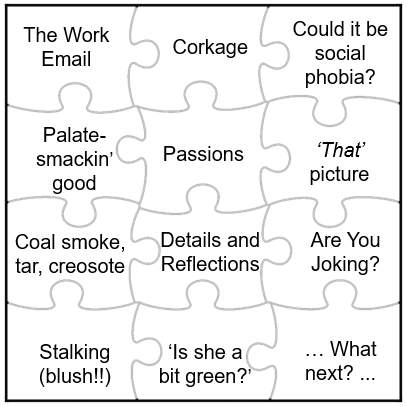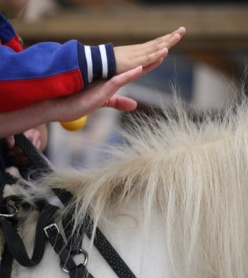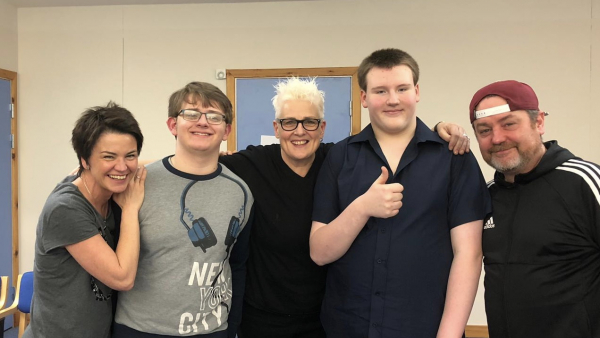Review of Scottish Autism Research Group Seminar
Lorna Camus, Phd Student, Heriot Watt University
The focus of March’s Scottish Autism Research Group(SARG) seminar was education and autism, with talkscovering topics such as inclusion, technology and mentoring. This seminar comes at a time where the realities of autistic young people’s education in Scotland have raised serious concerns. A recent report published by Children in Scotland, the National Autistic Society Scotland and Scottish Autism found that autistic students were highly likely to miss out on school, often due to unlawful exclusions. This is compounded by the fact that most children received no support to catch up on the time missed, which leads them to fall behind and feel increasingly anxious about school.
The ‘research in a flash’ talks were a fantastic opportunity to hear about projects run by researchers from Edinburgh and beyond. Karri Gillespie-Smith (University of Edinburgh) and colleagues found that autistic young people’s social media use differed from neurotypical young people, although the extent or implications of these differences are yet to be understood. Kirsty Macmillan (Heriot-Watt University) found that autistic participants were less understood by non-autistic peers and teachers when they were in school, and that they were better understood by autistic peers. In the same vein, Catriona Stewart of SWAN (Scottish Women’s Autism Network) discussed the benefits of peer mentoring programs for autistic women and girls to improve self-identity, confidence, capacity and citizenship in a group that is often neglected.
These results call to mind the double-empathy problem (Milton, 2012)ii, which suggests that people with very different experiences (such as neurotypical and autistic people) will have difficulties empathising with one another when interacting due to a breakdown in understanding (rather than autistic cognition). This further ties in with Catherine Crompton’s (University of Edinburgh) findings that information was shared more easily between people of the same neurotype (autistic or neurotypical), and that autistic participants found interactions with autistic people easier than with neurotypical people.
Sue Fletcher-Watson’s and Natalie Jenkins’ (University of Edinburgh) presentation focused on the experience of autistic pupils in higher education (HE). Drawing from research and their personal experiences as an autism research and autistic university staff member, Sue and Natalie gave a fantastic overview of the problems faced by autistic university students, and accessible ways to improve this experienceiii. This would no doubt be as effective outside of university to help young people thrive.
Maggie Laurie (University of Edinburgh) went on to discuss the social interaction opportunities provided by digital toys for autistic children. Although concerns are often raised about the impact of digital toys on children’s socialisation, Maggie found that these toys did not negatively impact socialisation. In fact, these games may create a common ground for children to interact, while providing a structure for this interaction and encouraging the basics of interaction, such as sharing physical spaces.
The day ended with a presentation by Francesca Happé (Kings College London), who discussed the modern changes in the conceptualisation of autism. Francesca discussed the concept of neurodiversity, and the implications of seeing autism as complex and dimensional. It’s especially important, for both research and practice, to acknowledge the multitude of conditions that co-occur with autism, and how this affects our research and our practice in supporting autistic people.
In all, this seminar perfectly captured the problems currently faced by autistic children and young people in education, while also giving us hope by showcasing the fantastic work done in Scotland to improve this.
You can find more about this event and the Scottish Autism Research group at www.sarg.ed.ac.uk





